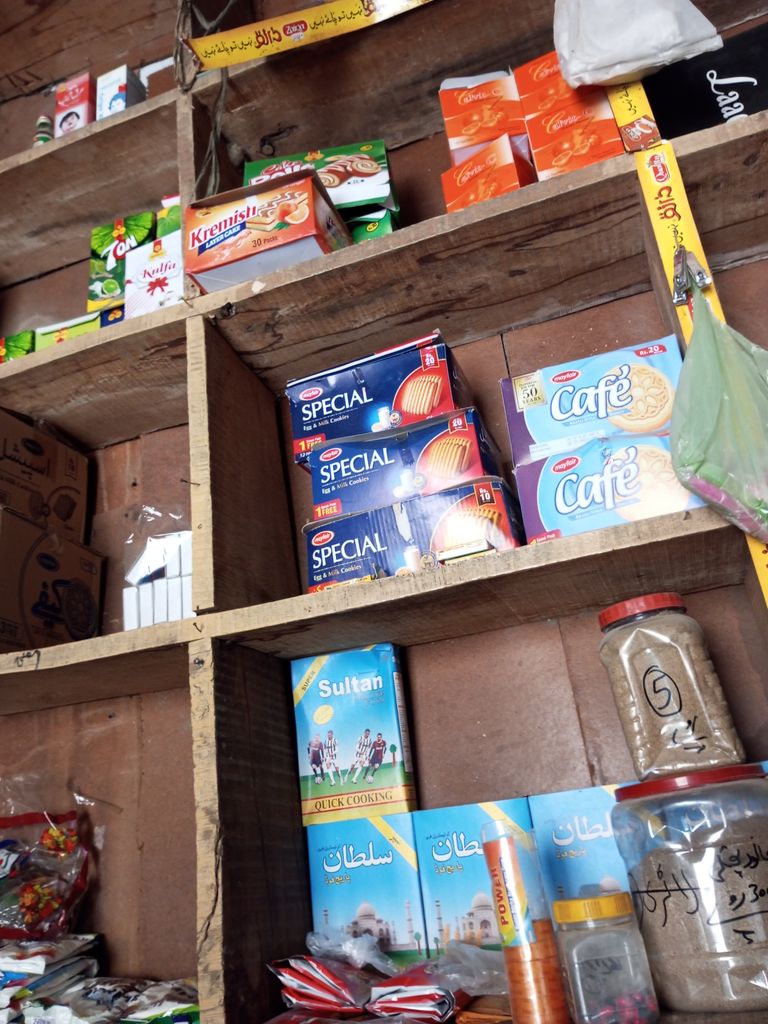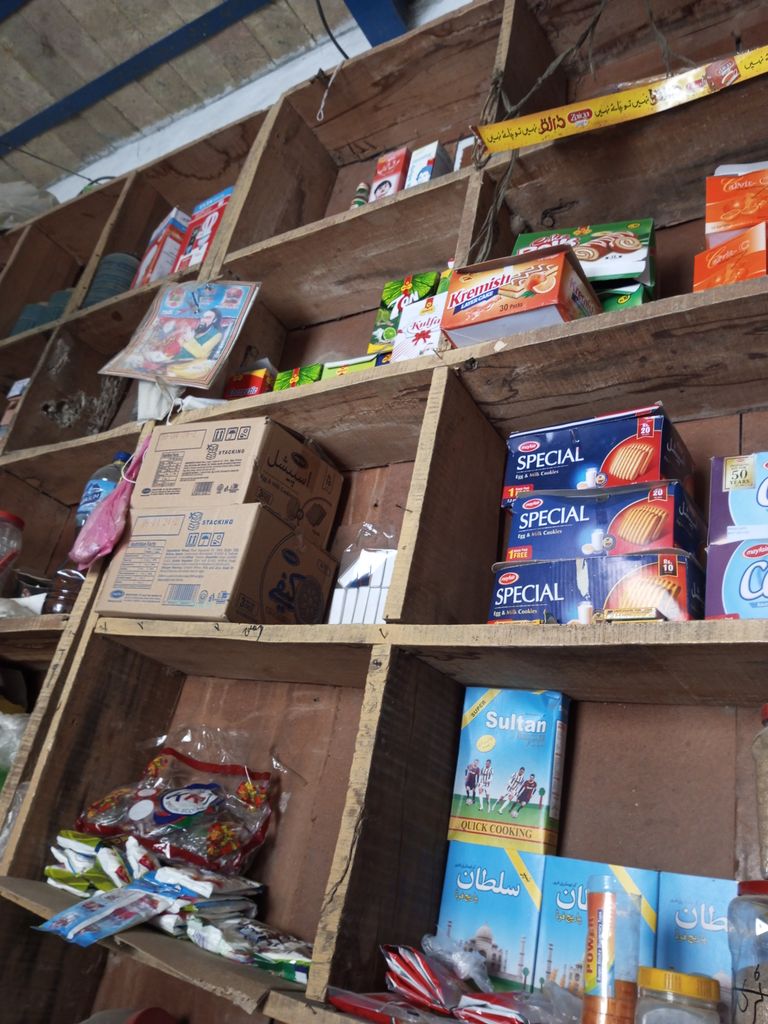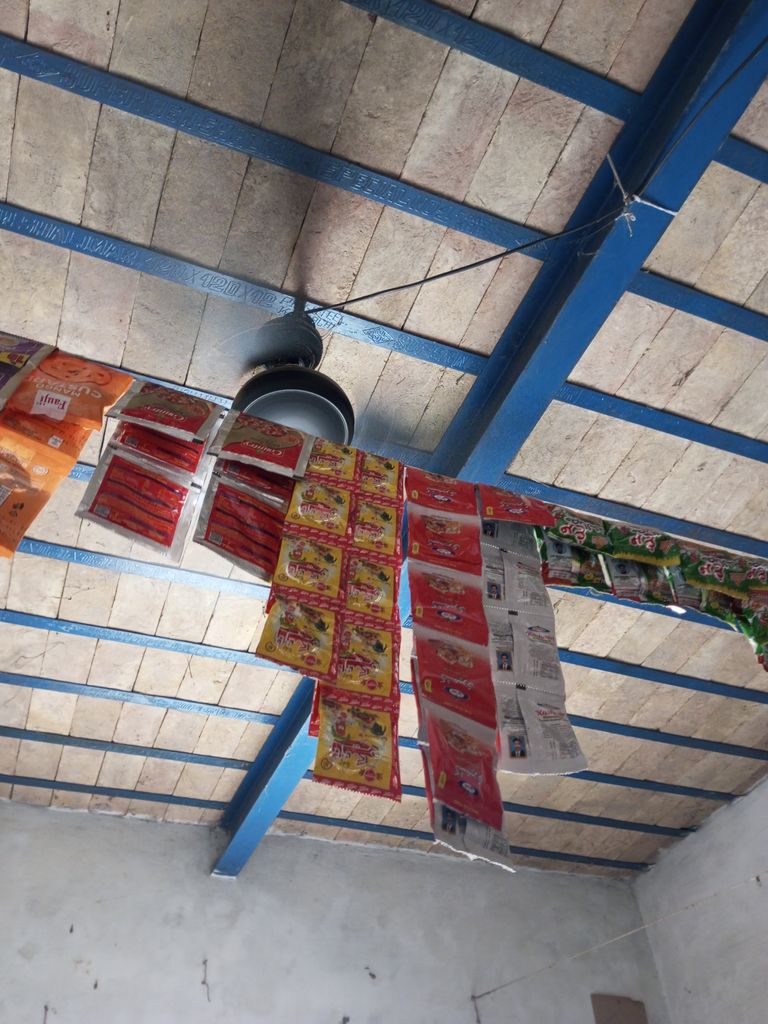Title: The Fundamental Job of Supermarkets in Present day Life
Introduction
Supermarkets are indispensable to day to day existence, offering many items that address the issues of networks. These stores have developed essentially over the long haul, adjusting to changing customer requests and innovative headways. This article investigates the fundamental job supermarkets play in current life, their advancement, and the effect they have on nearby networks.
Verifiable Evolution
The idea of a supermarket traces all the way back to the mid nineteenth hundred years. At first, little, family-claimed shops gave fundamental necessities, frequently obtained locally. Over the long run, as urbanization expanded and shopper inclinations changed, supermarkets started to extend their contributions and embrace new plans of action. The coming of general stores during the twentieth century upset the business by furnishing a one-quit shopping experience with a more extensive choice of merchandise.
Sorts of Staple Stores
Today, supermarkets come in different structures, each taking care of various buyer needs:
Supermarkets: Enormous stores offering a great many items, including new produce, dairy, meat, and non-food things. They frequently include different offices like pastry shop, store, and drug store.
Convenience Stores: More modest foundations situated in helpful areas, offering a restricted choice of items, basically centered around fast and fundamental things.
Specialty Stores: These stores center around unambiguous classes like natural food sources, global items, or wellbeing food sources, taking care of specialty showcases and concentrated needs.
Farmers' Markets: Frequently held in outdoors settings, these business sectors offer new produce straightforwardly from nearby ranchers, advancing feasible agribusiness and local area support.
Influence on Communities
Supermarkets assume an essential part in neighborhood networks:
Economic Contribution: They give occupations and add to the neighborhood economy. Many stores source items from nearby providers, supporting different organizations and diminishing the natural effect related with significant distance transportation.
Convenience and Accessibility: Supermarkets offer helpful admittance to fundamental merchandise, saving time and exertion for buyers. This is especially significant for people with restricted versatility or those living in regions with few other shopping choices.
Social Hub: Numerous supermarkets act as local area meeting spots, encouraging social collaboration and making a feeling of local area. Occasions, for example, cooking exhibits or neighborhood item tastings, assist with building connections among customers and storekeepers.
Adjusting to Present day Challenges
Because of changing buyer inclinations and worldwide difficulties, supermarkets have embraced a few patterns:
E-Business Integration: Many stores presently offer web based shopping choices, permitting clients to arrange food for conveyance or curbside pickup. This shift has been advanced by the Coronavirus pandemic and mirrors the developing interest for comfort.
Sustainability Initiatives: Supermarkets are progressively zeroing in on supportability by lessening waste, offering eco-accommodating items, and supporting nearby, natural cultivating rehearses.
Technology Integration: Developments like self-checkout frameworks, versatile installment choices, and computerized reliability programs improve the shopping experience and smooth out activities.
Conclusion
Supermarkets have made considerable progress from their unassuming starting points, adjusting to the necessities of present day buyers while proceeding to assume a crucial part in our day to day routines. They give fundamental products as well as add to the nearby economy and cultivate local area associations. As innovation and buyer inclinations develop, supermarkets will keep on adjusting, guaranteeing they stay a foundation of our networks long into the future.








